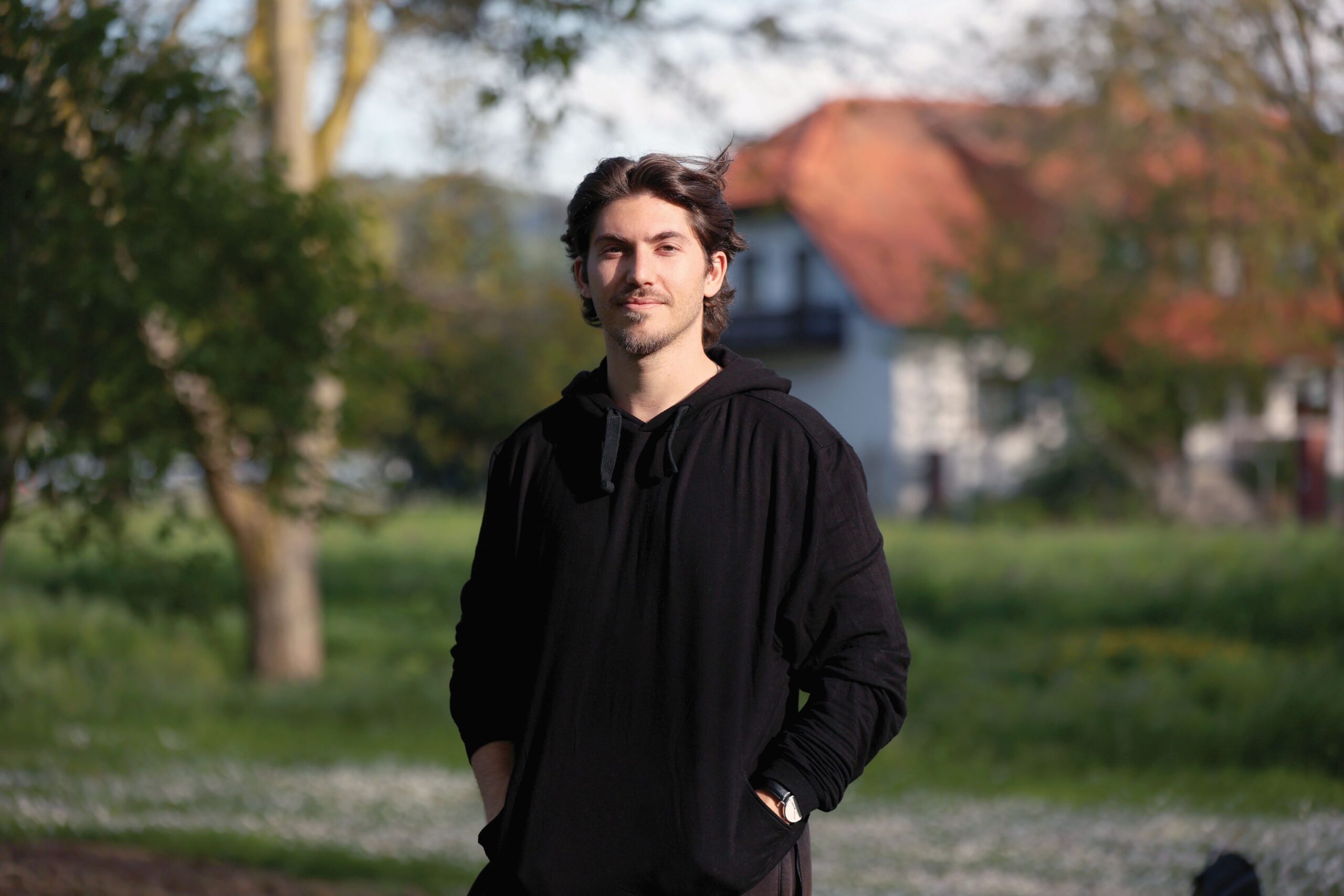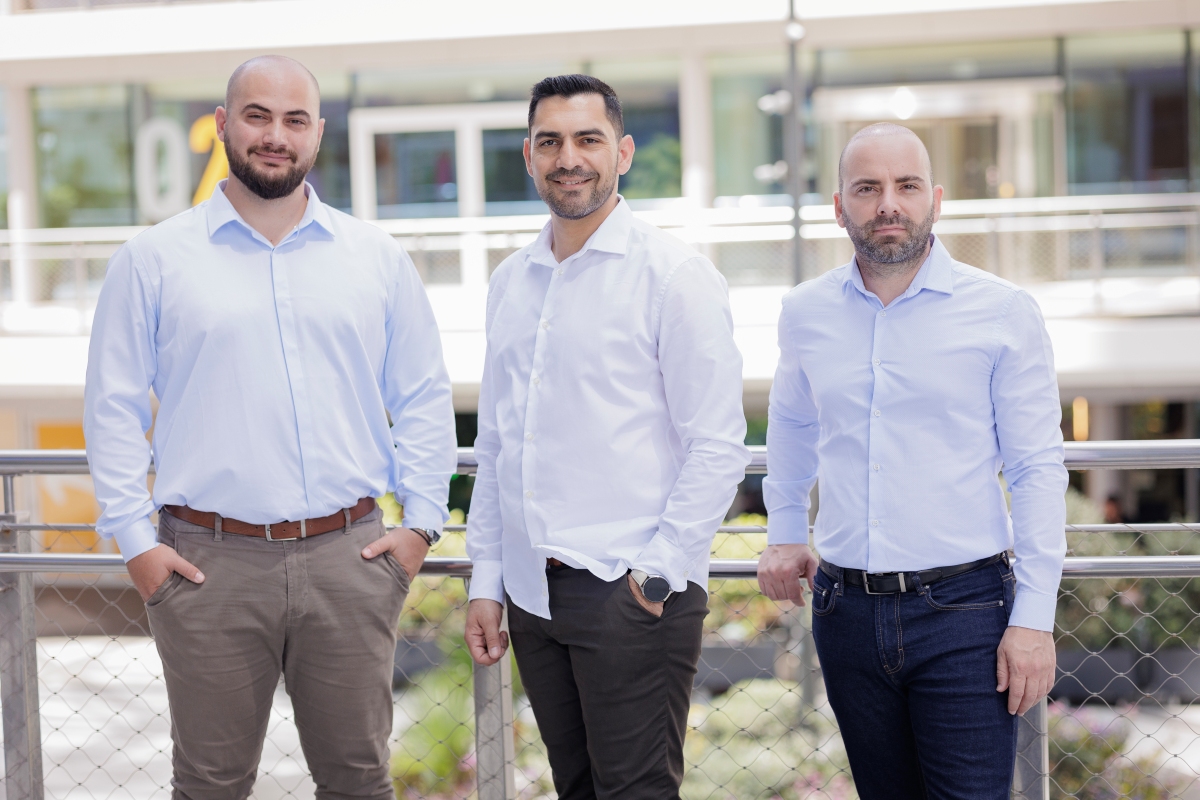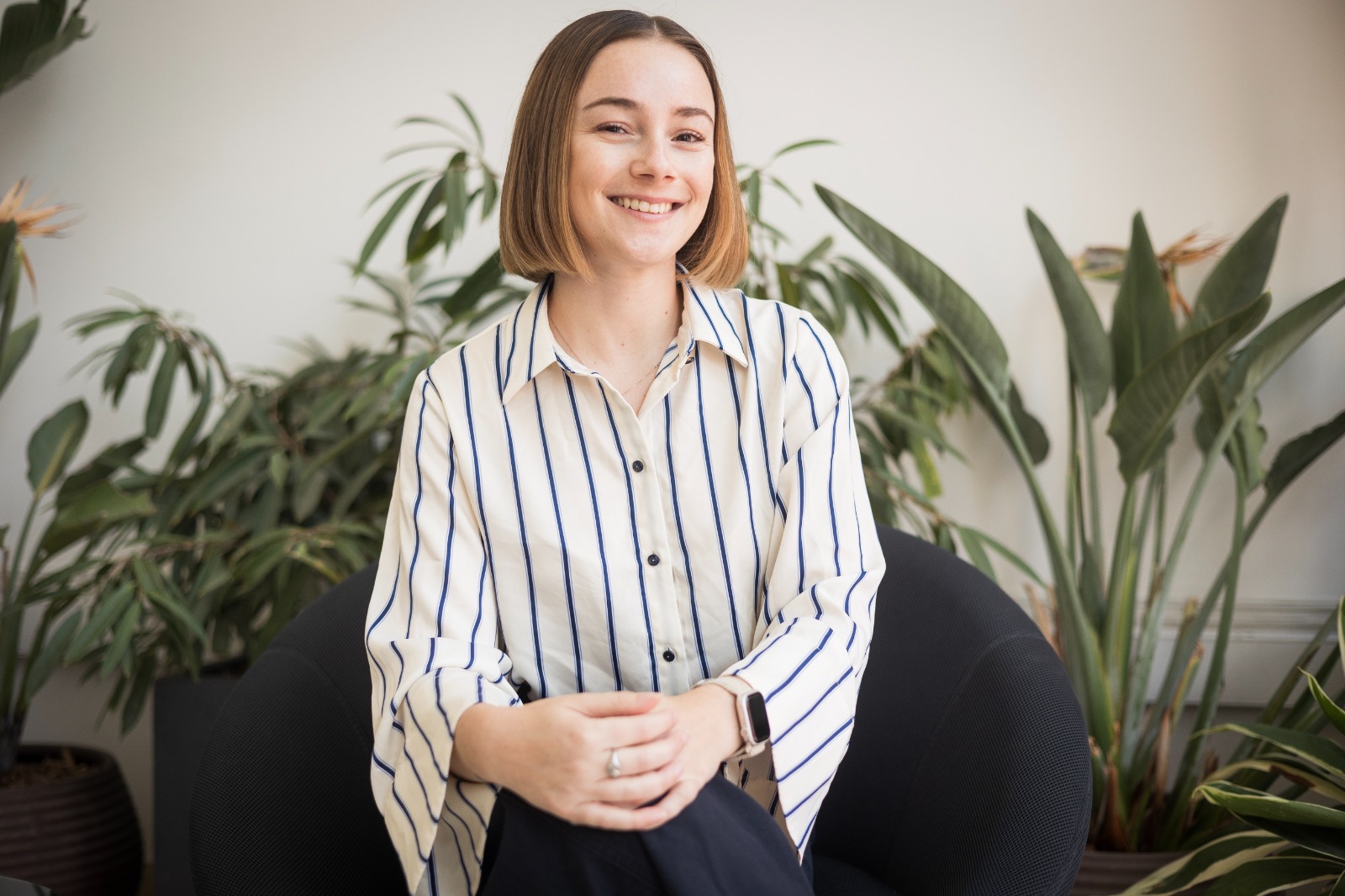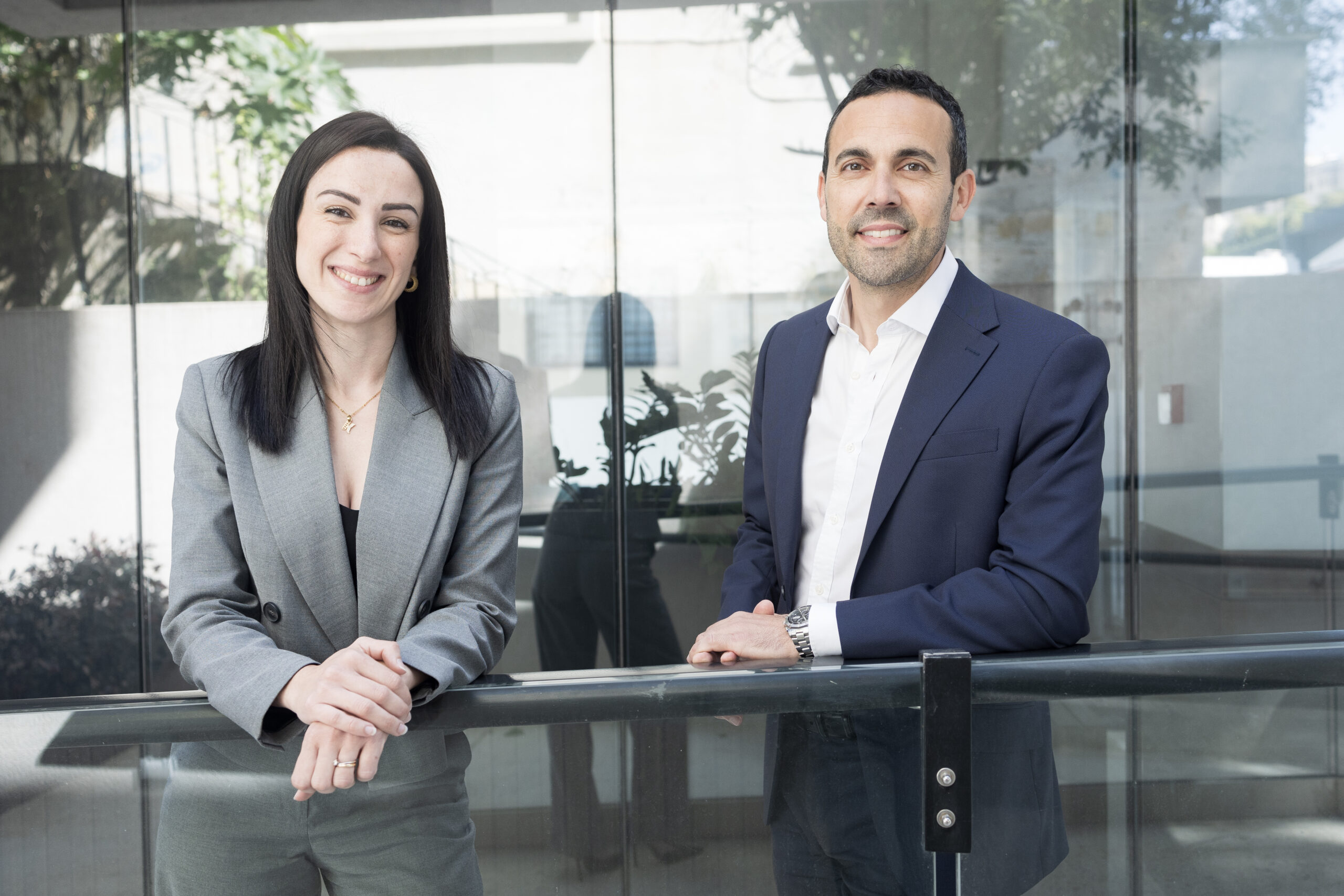As the world moves into a new era of AI-powered technology, Web2 powered platforms – controlled by companies such as Google and Facebook – are set to be supplanted by decentralised and democratised infrastructural networks, explains Max Thake, the co-founder of peaq, a Web3 network and ecosystem that launched this year.
In 2014, Gavin Wood, the Founder of the open-source blockchain platform Ethereum, heralded the coming of a new age of the internet – Web3. This describes a new era where the power previously held by a few technology and social media companies, such as Google and Facebook –characteristic of the Web2 period – is shifting towards a decentralised online world. Developing in tandem with by AI and machine learning, this stage is set to prioritise interconnectivity and is expected to offer alternatives to our existing economic systems.
Indeed, a Goldman Sachs report published in 2021, entitled Framing the Future of Web 3.0, explained this transformation, stating that in “framing the next wave of computing (Web 3.0), we see the potential for dramatic shifts in industry structure (decentralised, more local/niche/targeted) that could impact current investor perceptions of platform moat/strength, industry input costs, possible headwinds to monetisation driven by personalisation, and potential for shifting media and commerce trends.”
Understanding the potential of these dynamics has been central to the inception of peaq, a digital infrastructure network launching this year and positioned to serve as a backbone for decentralised applications – dApps and DePINs – are able to operate.
“We’re trying to bring about a new form of economy,” says Max Thake, one of peaq’s co-founders. “Our mission is to drive a global infrastructure revolution and contribute to a transition from a zero-sum financial system – in which only the very few are set to gain – to a positive-sum economy, where everyone can participate in prosperity,” he explains. On a more tangible level, this means replacing the products and services currently in use, which, for the most part are owned by centralised organisations, to “peer-to-peer decentralised alternatives,” Max says.
Elaborating, he provides an example. “Let’s take Google Maps. We take it for granted that the only way such services can work is if they are consolidated under the umbrella of a large company, typically headquartered in California. To map the world, Google typically sends out cars, to take images of our streets and towns. However, what we’re saying is, why not have people in those countries do it themselves and earn for it? We already have a couple of dApps – NATIX and MapMetrics – which are taking different approaches by getting users to map the streets using their phone on their dashboards or custom hardware they can buy online. In this way, you can also map the world in real time, and that information is going to be essential when it comes to other technological advancements, such as autonomous cars.”
This can be applied across other sectors, Max says. “Ride hailing, energy, telecoms, and even the provision of Wi-Fi – we can replace the big corporations with people on the ground offering their own connectivity. We can really change the way we’re doing things. And peaq exists as the decentralised infrastructure to build these decentralised alternatives on,” he continues, adding that, by also using peaq as a standard, DePINs can build connections between themselves.
“We already have more than 40 dApps, operating in 18 different industries on peaq, and we haven’t even launched yet. And we see the way they can positively work together.” These dApps and DePINs range in scope and function, covering myriad services from air-quality monitoring and virtual power plants to peer-to-peer electric vehicle charging and tokenised autonomous robo-cafés.
This will contribute to the strengthening of a more circular economy, the co-founder continues, saying that he sees the network as becoming “the binding glue between a highly advanced technological future and a return to nature. One of the fundamental principles of the future we’re building together is that it will be contributing to this idea of a regenerative, shared economy, and so there will be a lot less waste.”
This can be observed through the micro-details of how dApps on peaq have the potential to work, he continues: “You can have, for example, energy dApps which harness power from solar panels on top of your home; you can then use that energy in your electric vehicle charging station, and use other dApps on the platform to ride-share with others in the community; overall, you’re increasing efficiency and reducing the number of cars on the street. Everything is plugged into each other, making the economy more dynamic and – crucially – anyone can earn from all of this and have a say in how the dApps are governed and grown,” he explains.

That this vision is an attractive proposition is clear from the recognition peaq has been accruing, with the entire network recently achieving a staggering €333,333,333 million valuation, and its token raising €20 million on CoinList and €15 million in a funding round in May. Moreover, a report commissioned by peaq to evaluate the platform’s projected impact between 2024 and 2027 asserts that the next few years will see $1.81 billion total impact value generated by the network.
“It’s extremely intense, especially at the stage we’re at now, where we’re growing and scaling up,” Max attests. “However, there is a lot of positive motivation, and many opportunities on the table, so it’s a case of prioritising and developing them. It’s difficult to satisfy them all, but we focus on optimizing our day-to-day routine to remain at a high-level of operations for these long, intense periods,” the co-founder says.
To this end, peaq – through its main contributing company and team at EOT Labs, which was established in 2018 – engages a steadily-expanding team of approximately 40 professionals, all working remotely. The three co-founders – Max, who mainly focuses on operations, communications and business development; Till Wender, who overseas finance and fundraising; as well as Leonard Dorlöchter who is responsible for peaq’s tech, product and ecosystem – have been working together since 2017, having first embarked on a four-year research and development process.
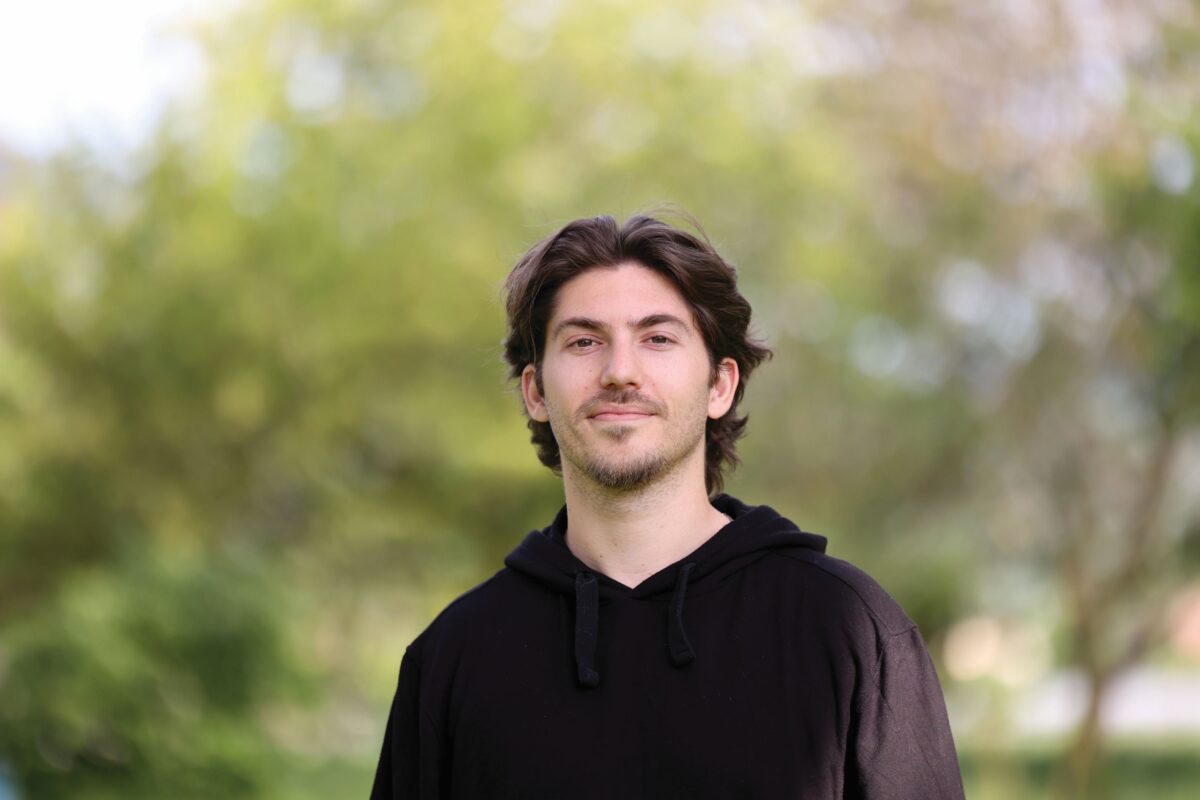
“During that time, we tried and tested many things, and we emerged understanding what did and didn’t work. There were some tough lessons, but those years put us in a strong position.” Today, peaq also boasts a wider community of over 200,000 people, with 40 ambassadors, all “pushing peaq forward”.
Looking ahead, the team is focused on inaugurating the network and welcoming its first active users. “I’m excited to see those adoption statistics once they come out. We’ve already attracted one million devices to our network, and that’s set to grow, so we are hoping to be one of the most adopted blockchains at launch,” he explains.
On a personal basis, Max feels “privileged to be part of creating the future and meeting fantastic minds – people who are shaping different industries. Every day presents a new challenge,” he says, and this gives him the opportunity to be creative.
So, what advice would he have for someone just starting out in their entrepreneurial career, and motivated to follow in his footsteps? “There is no rule book, and you need to adapt to the moment, especially at the beginning. The things which you think are going to be the toughest likely will be those which don’t turn out to be, but be prepared for the unexpected. You’ve got to be nimble,” he smiles.
This interview was first carried in the 2024 edition of Business Now Magazine, the sister brand to BusinessNow.mt and produced by Content House Group
Malta’s next leap: Secured
How ESET delivers enterprise-grade security to meet Malta’s digital ambitions
Mastering the language of business: How BELS is crafting bespoke training for a dynamic economy
BELS Malta Director of Studies Arianna Muscat on how the language school helps companies equip their teams for success.
Built differently – CLA Malta offers custom solutions in a cookie-cutter landscape of tax advisory and business
Their client-centric philosophy extends far beyond conventional consultancy.


